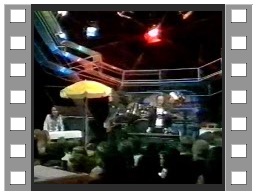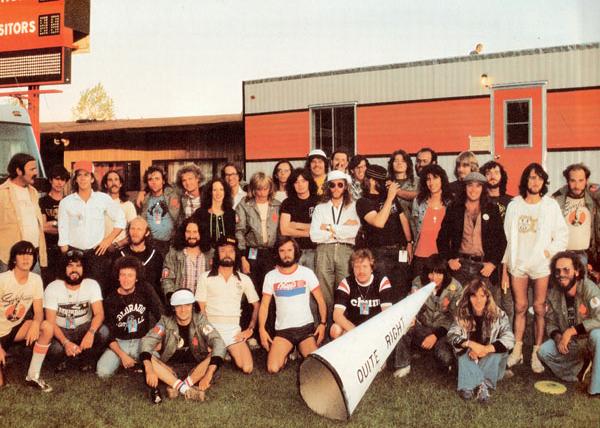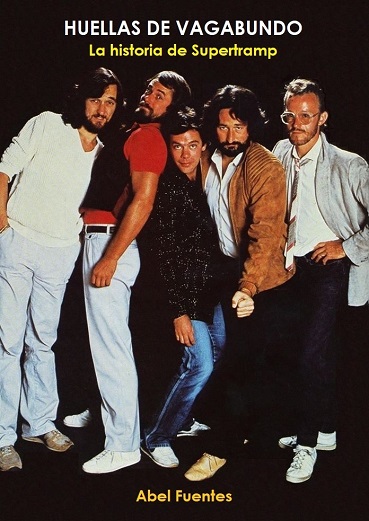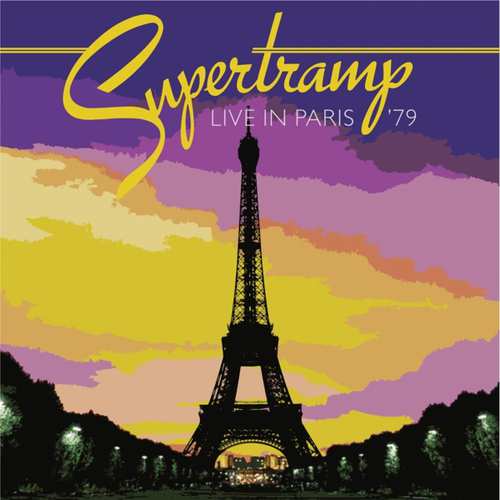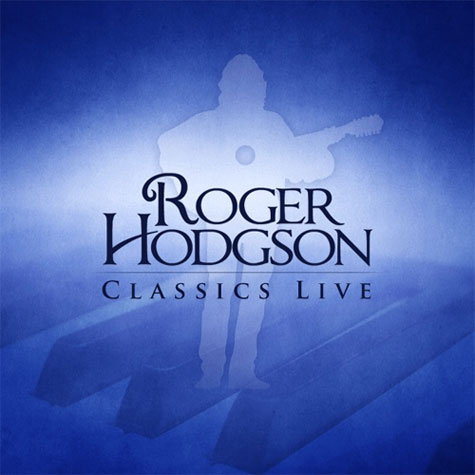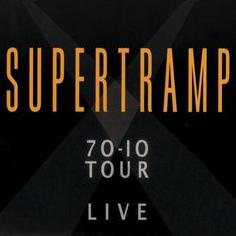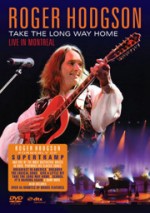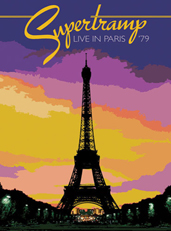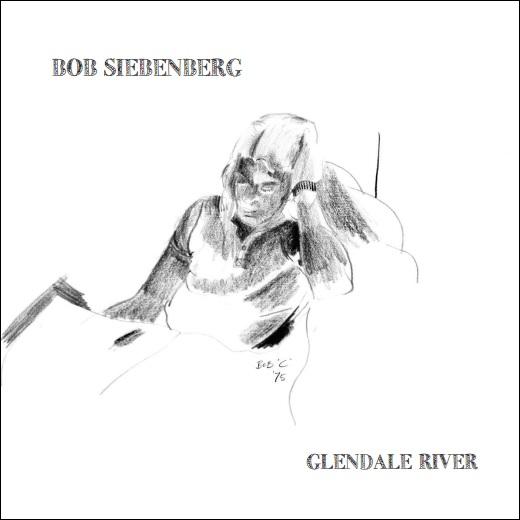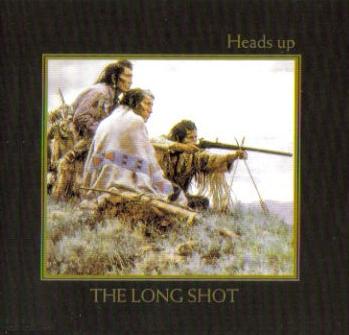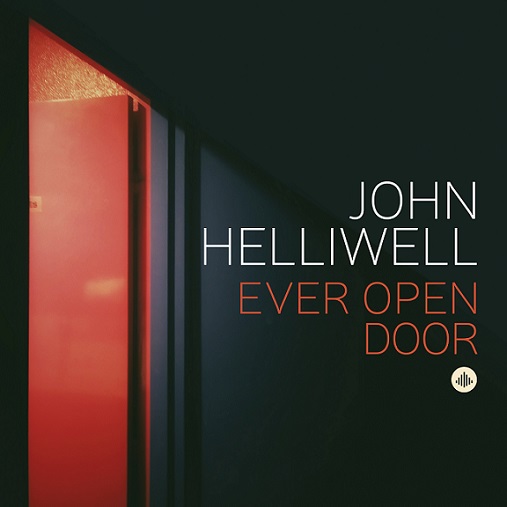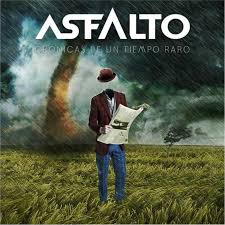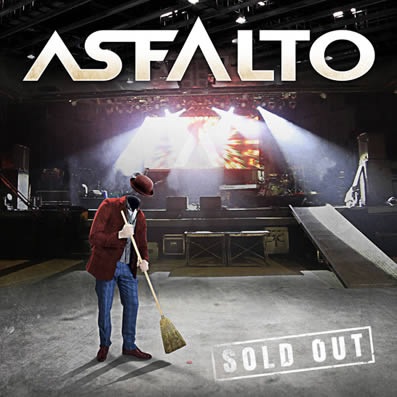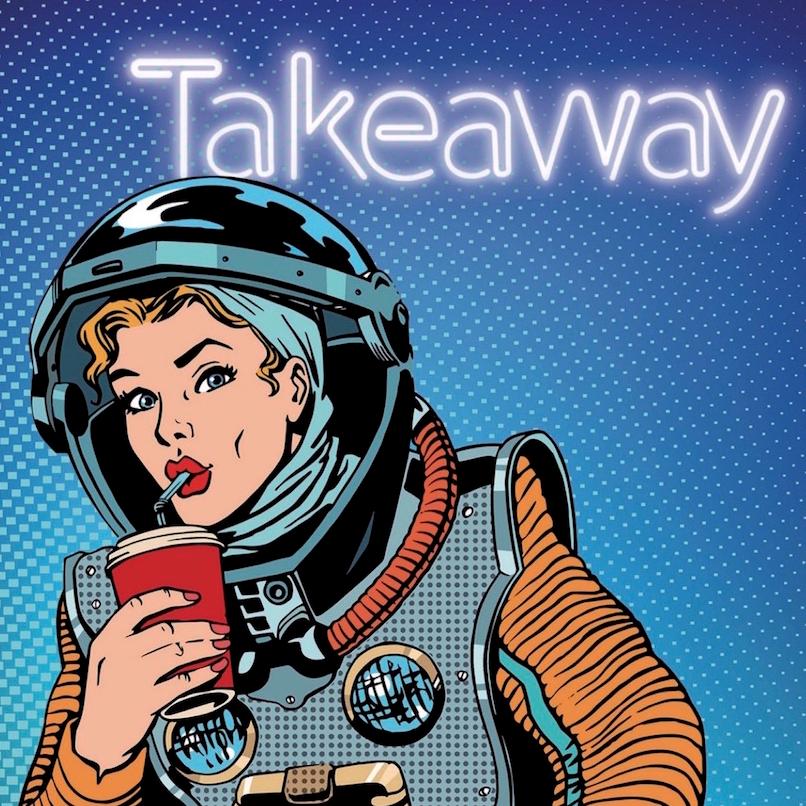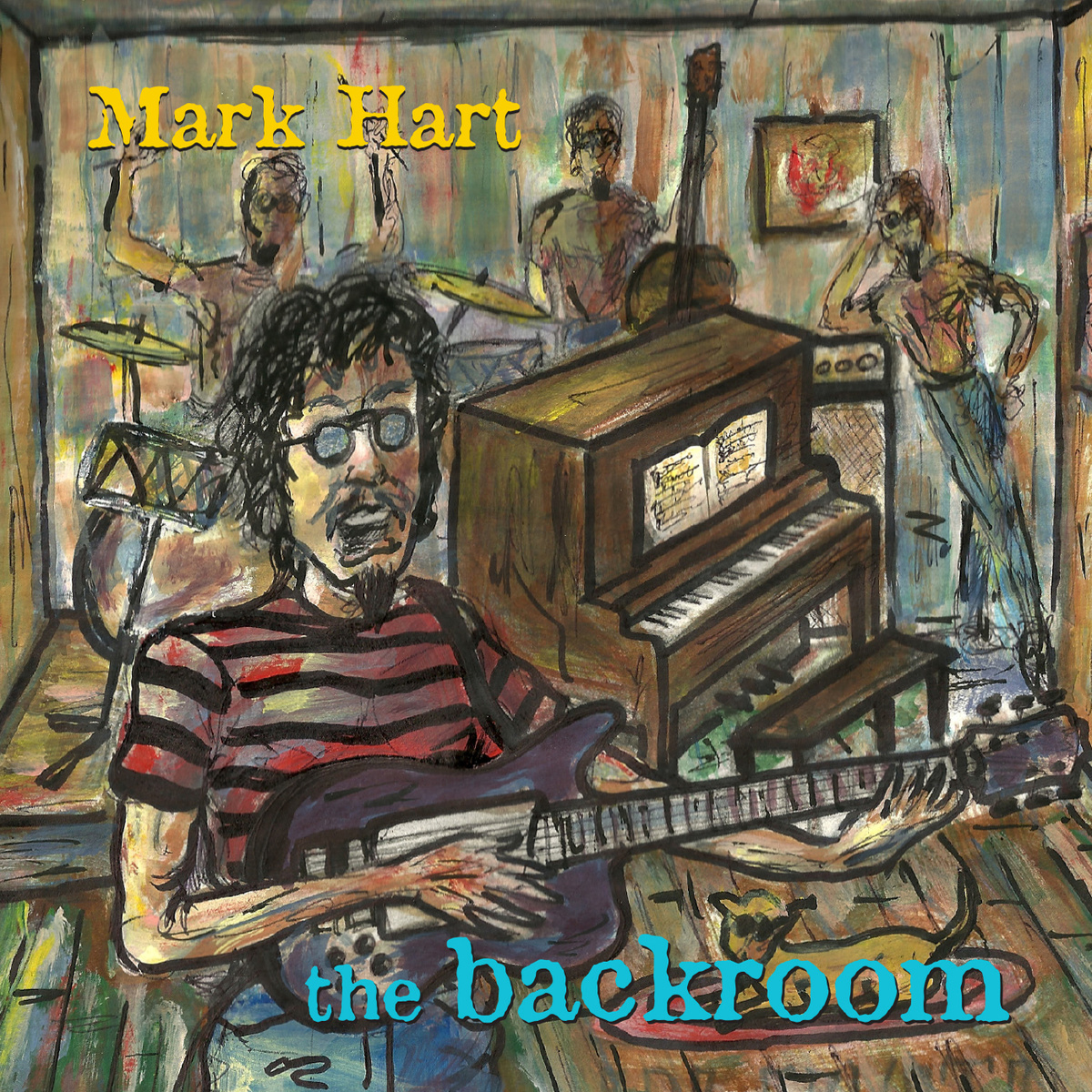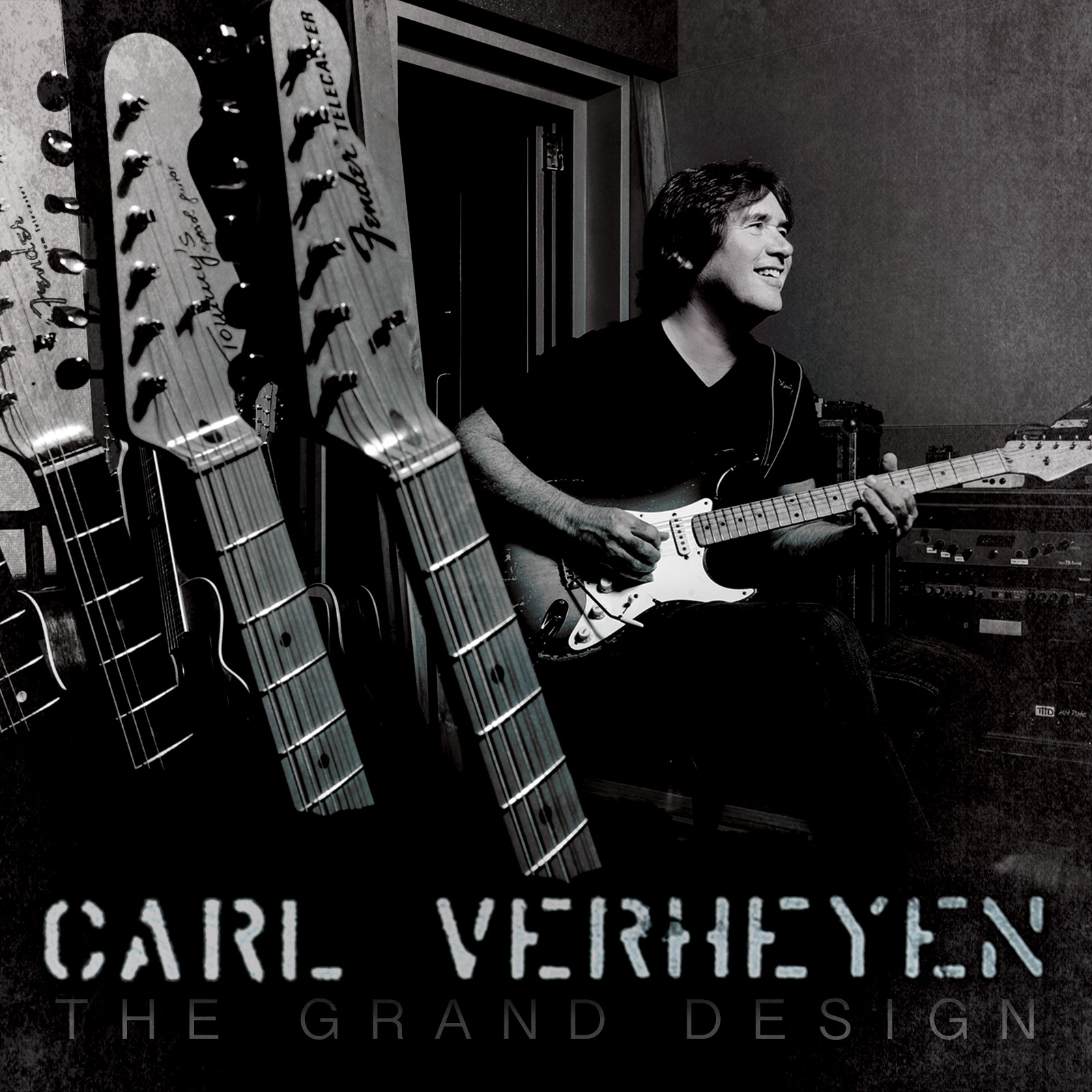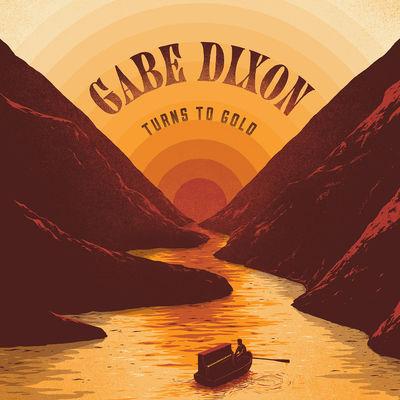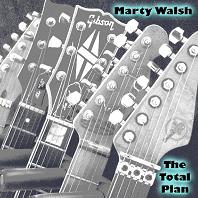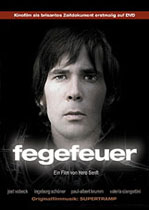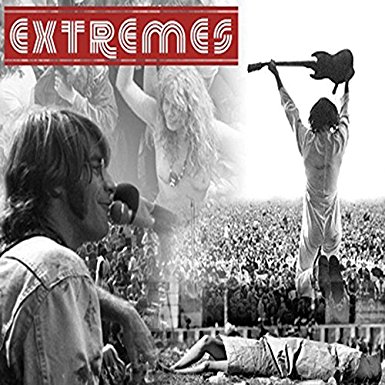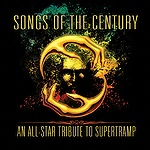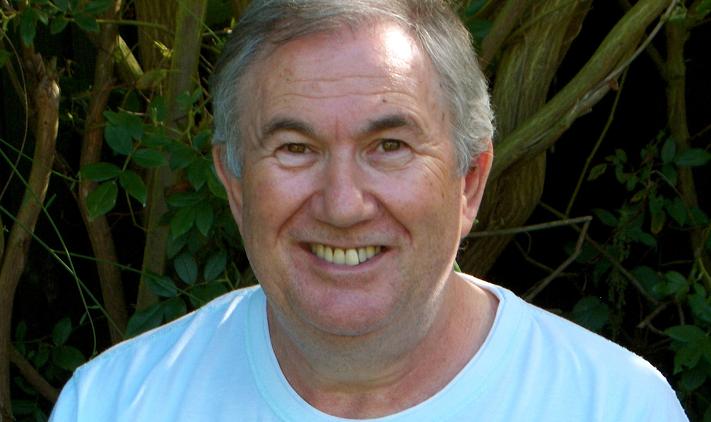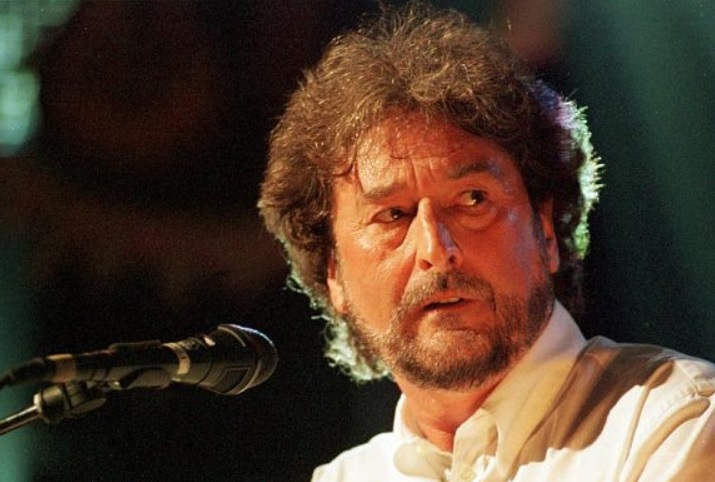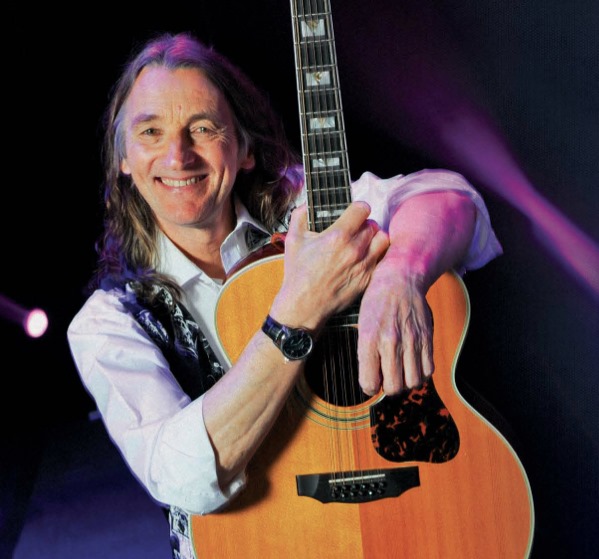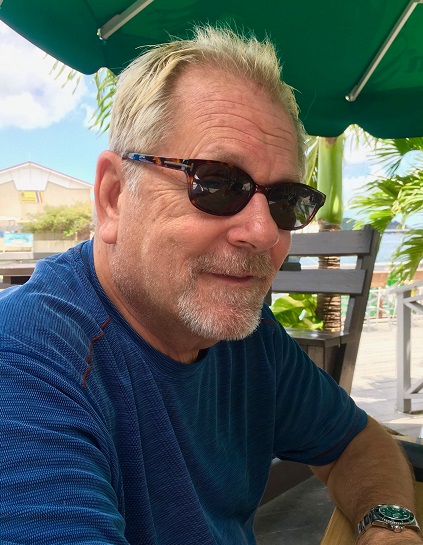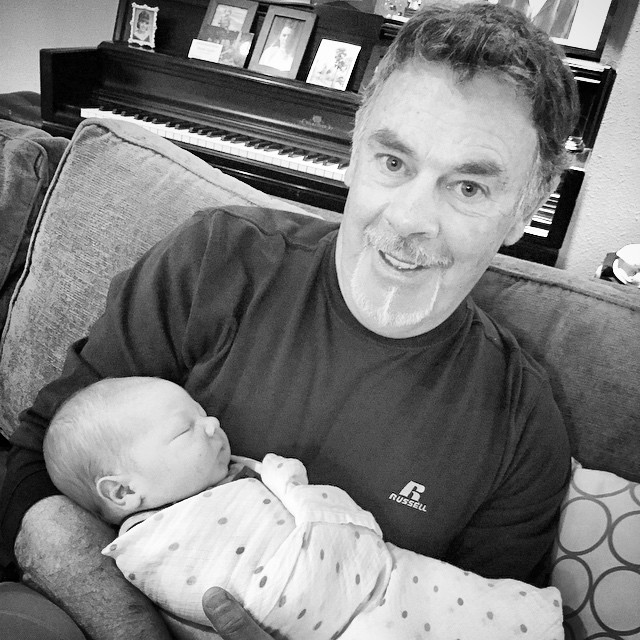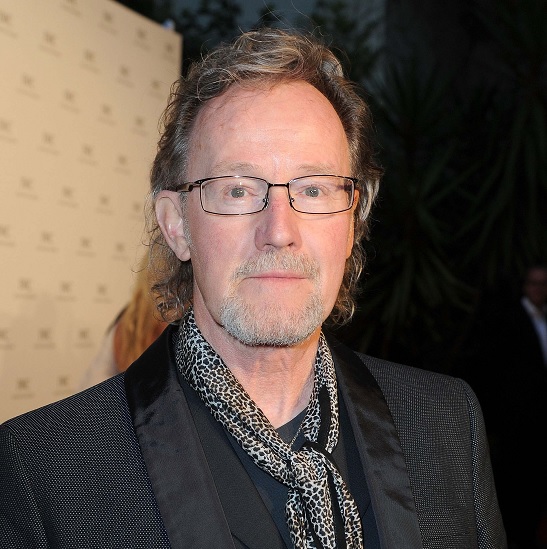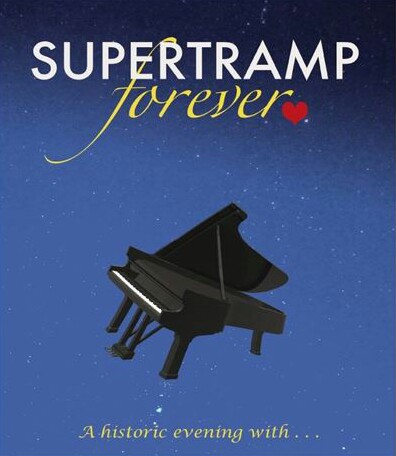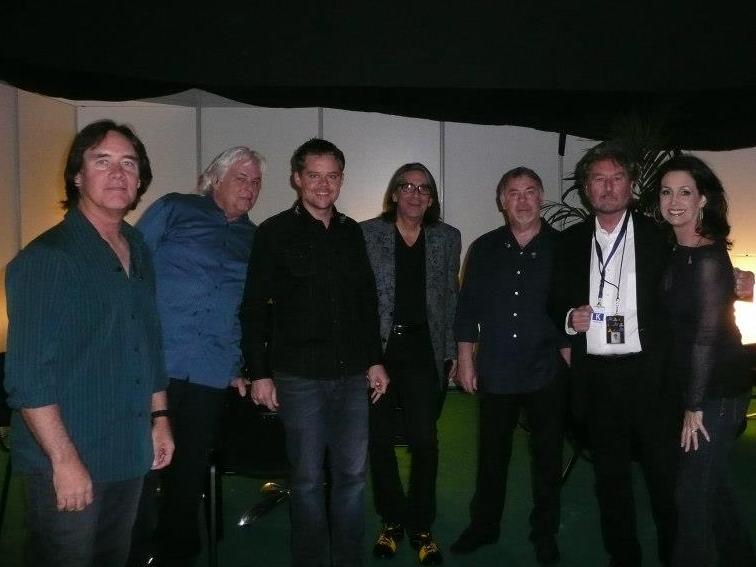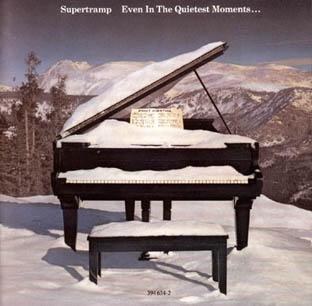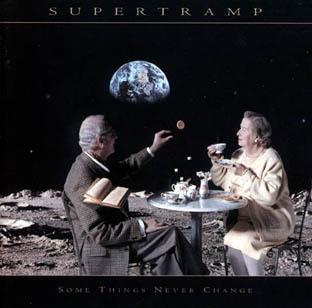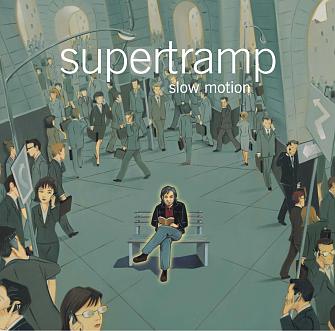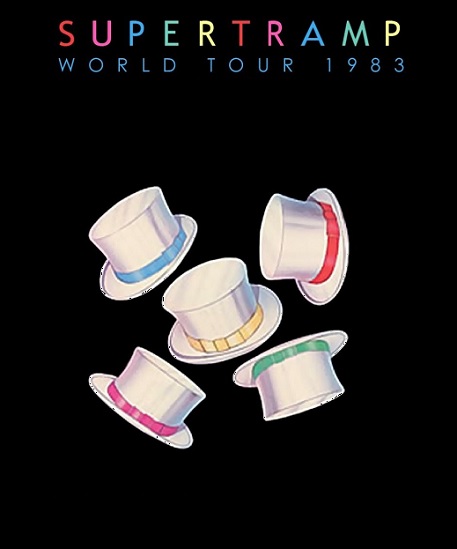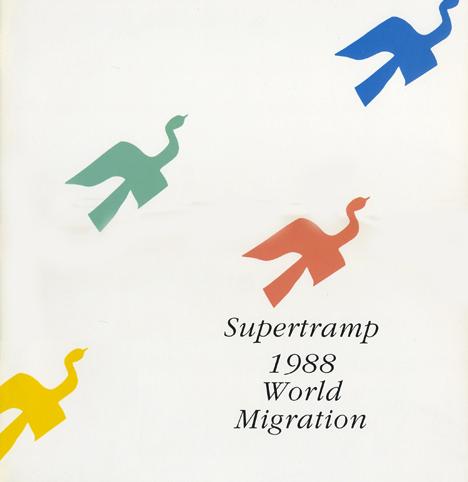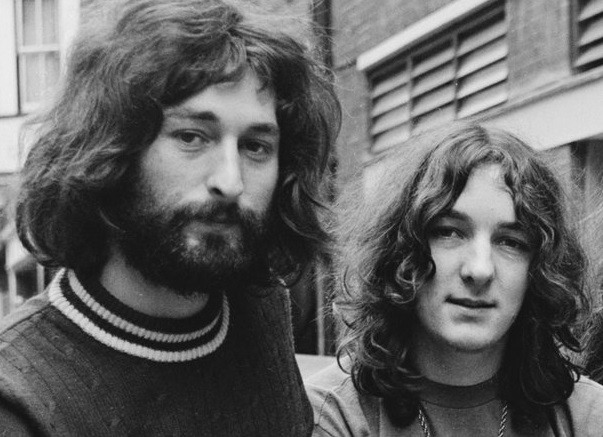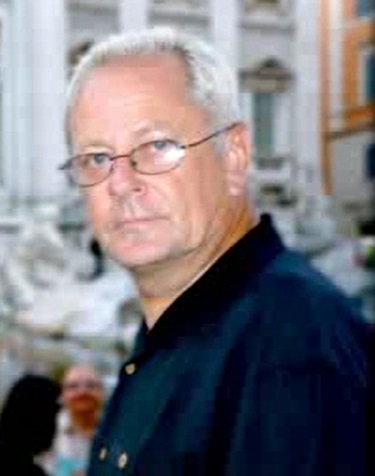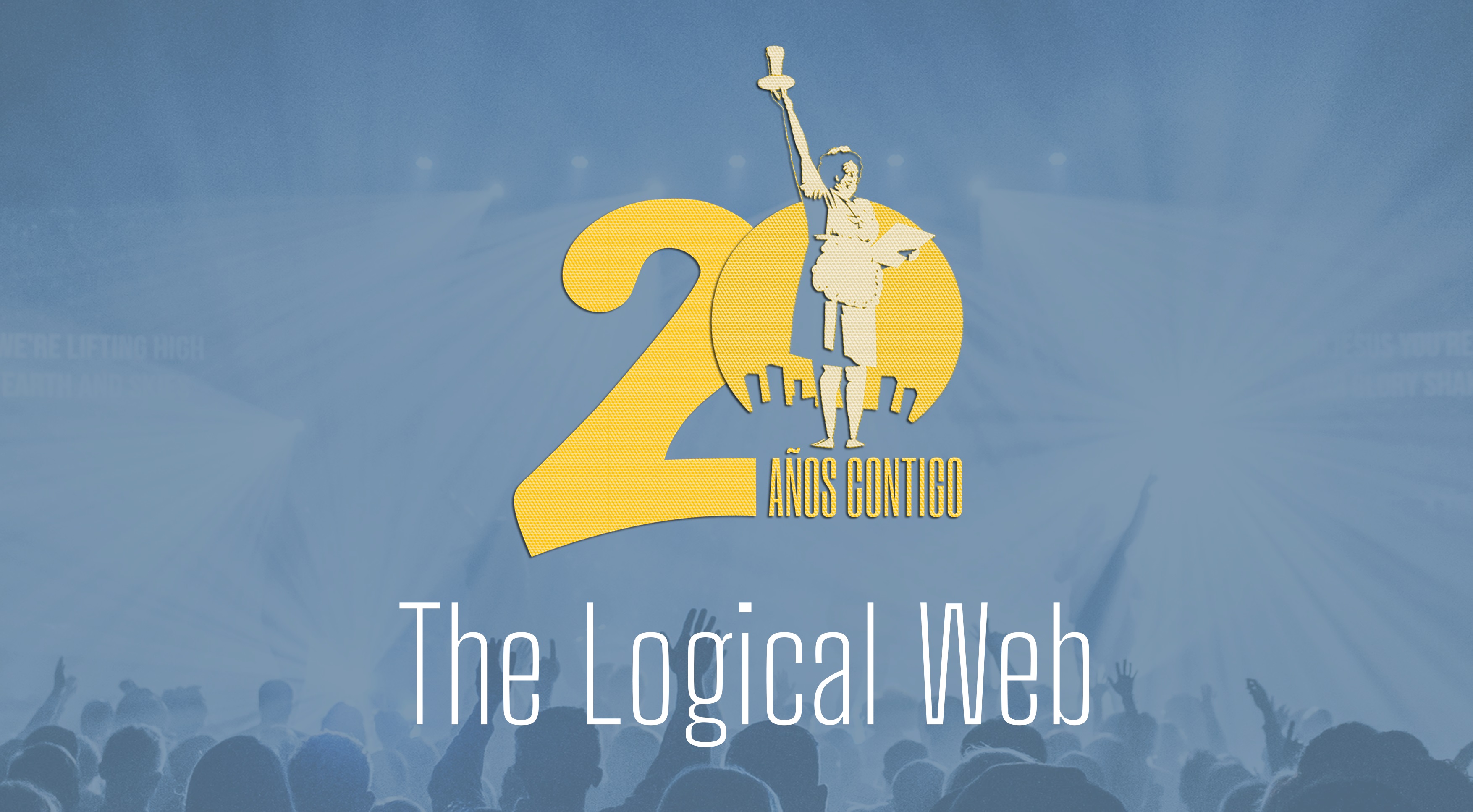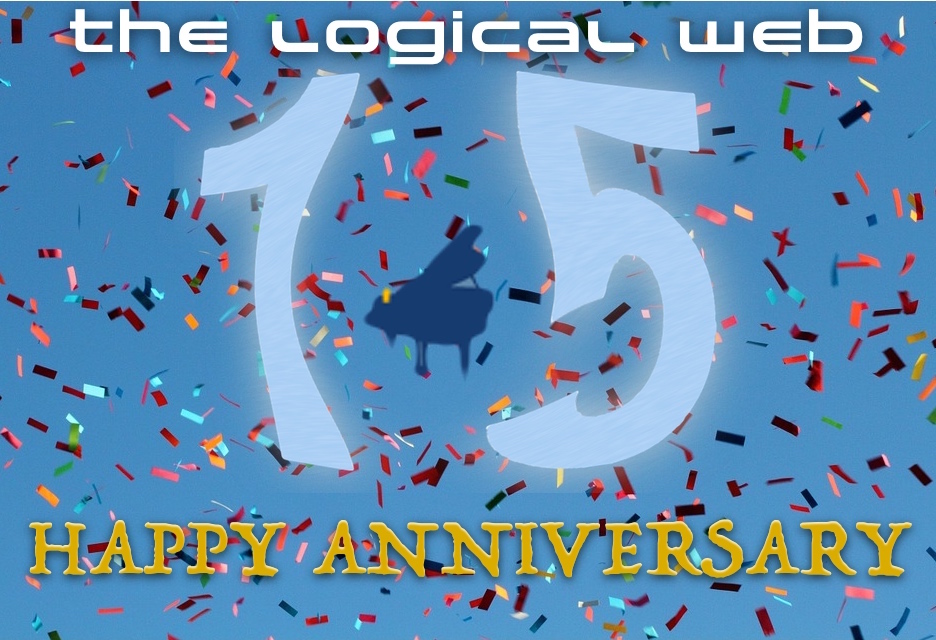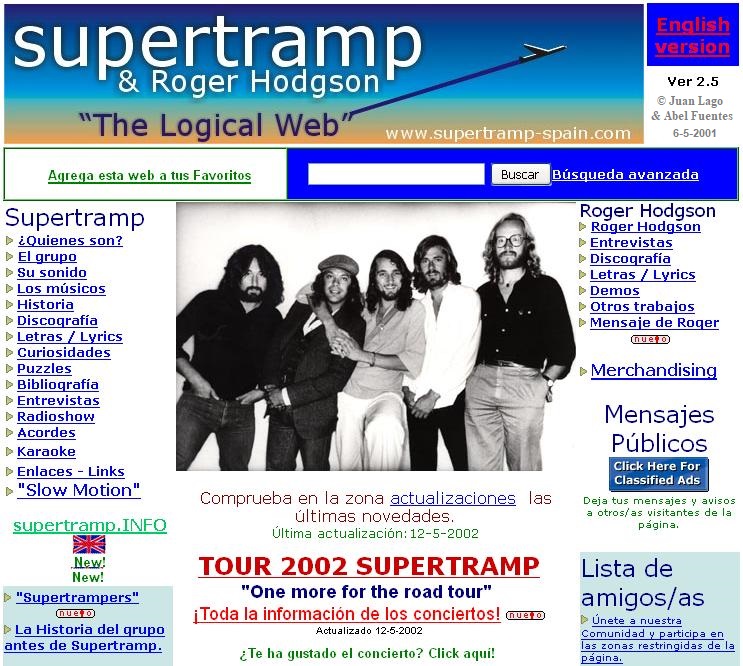Juan Lago and Abel Fuentes present for THE LOGICAL WEB this exclusive interview with British film-maker Tony Klinger, who used several songs from the first Supertramp album for the soundtrack of his film "Extremes" and would work later with many first-class rock acts like The Who, Deep Purple and The Pretenders.
TLW: How did you start to work in the film business?
TONY: I won a couple of writing competitions when I was about 8 or 9 and they were based on films they showed all the school kids under 11 from Cadbury and Nestle. I fell in love with the idea of writing for films, maybe making them and the glittering prizes... lots and lots of lovely chocolate. My dad was an engineer and a highly qualified man so he was annoyed that I wanted to just do that without studying for a professional career.
TLW: Did you study something related to films or television during your early years?
TONY: I went and started to plot my route to film writing and making and then, much to my surprise dad ended up in the film business. I was initially annoyed because that was my aim and now he was there. First he built cinemas, then went into distribution and finally started making ever better films. All the while I was getting Summer jobs as assistant projectionist and gofer and very junior assistant editor. But now my father insisted that If I wanted to take a year out before university I'd have to learn all the technical grades. I did that and at the same time I started making very small documentary films at night and on the weekends.
TLW: What did happen then?
TONY: By the time I wanted to go to the National Film School they told me it was then just a post graduate qualification and as I'd never got my first degree I couldn't attend. But by then I was 20 and I'd already won some festivals, and had some success and got good reviews so they asked me to come and give some lectures to the class I couldn't get into. Strangely the next time I was to get involved with film academia I was to be lecturing full time and eventually being course director and head of production at some very prestigious film post graduate and degree programs. Life is strange.
TLW: In the early 70s you wrote, produced and directed “Extremes”, a documentary about youth drug addiction... How did you get the idea for that?
TONY: I was working with a partner, Mike Lytton, and we'd already made two films while we were still both working at ABPC studios. I was on “The Avengers” as an assistant director and he was doing the same thing on another British TV series. We wanted to make a film about the people who were our own age at the extreme edges of society and we went the whole way.
TLW: How was your work on the film?
TONY: We followed drug addicts, violent gangs, great music festivals and we did so for about a year. The only problem was that our financier was also our distributor and we didn't share all the same ideas. He wanted something less serious and more sensational. I remember him literally asking "Where's all the tits and ass?". He wasn't a bad man but he had a purely commercial vision and we wanted to make something with some social relevance.
TLW: In addition to the footage from the Isle of Wight Festival 1970, does the movie include other rock shows around that time?
TONY: We didn't think it was necessary to film other rock shows after we got such great footage at the Isle of Wight Festival. Remember we weren't there to film the bands but were there to film the people attending the event. Partly this was intentional it secondly we just didn't have a budget to pay for the rights to film the performances which were not easy to negotiate and were way out of our league financially.
TLW: What do you remember from that festival?
TONY: I am writing my memoirs between my current film making and our adventures filming at the Isle of Wight is a chapter in that book. We had a whole lot of fun and it was crazy. Just one little story was what happened when we went to film about 10,000 naked people on the beach while a police helicopter circled above telling them they'd be arrested for public indecency if they didn't put their clothes on immediately which everyone ignored. Then people started getting angry at our filming them and the only way we were allowed to continue was to take off our own clothes. It was one of those times when I was grateful I had a mighty zoom lens on our camera!
TLW: How much is Supertramp featured in the film?
TONY: The band didn't appear in the film, but three or four of their tracks did. It’s ironic that there's current plans to distribute a special collection of my previous work and “Extremes” will, of course, be featured. It will soon be released on DVD by Gonzo Media. The distributor tells me that it will be ready, remastered and on sale in 2017. I will update you when he gives me exact details.
TLW: According to my notes, the film soundtrack featured three songs by Supertramp: “Surely”, “And I Am Not Like Other Birds Of Prey” and “Words Unspoken”… Is it right? Were those the original versions included on their first album?
TONY: These are the originals and you've got to put in context they were not the super successful band they were soon to mature into. I remember that they were short of cash and their management asked us for a few hundred quid because they were short of money to pay for their van and a new drum kit. They asked us for a few hundred pounds to help and in return we were offered half the rights to the tracks. We went running to our finance guy and told him he had to give us the money but he got furious with us and reminded us that he was a film man and the music was all crap and told us to f... off and we were thrown out.
TLW: The film “Extremes” would win Outstanding Picture of the Year Award from the London Film Festival 1971… What did it mean to you being so young?
TONY: We were thrilled at the terrific reception “Extremes” got and very proud to have achieved that so young but the truth was we weren't making any money. We worked out that on average over three years of huge success we'd actually averaged an income of £10 per week and we couldn't afford to eat or put petrol in our cars unless we got some money and that's why our partnership ended.
TLW: Did you have any other bond with Supertramp along your career?
TONY: Years later I obtained a track for “Riding High”, and again they told me they never give permission for their music to be used. I had a very funny conversation about this when I was living in Los Angeles and had a charity football team. Playing for it sometimes were a couple of the Supertramp guys and their management guy and if I remember rightly his name was Dave Margereson and the company was called “Mismanagement”. I reminded him about the deals we'd done in the past with Supertramp and he tried telling me they never did deals like that so I showed him the album cover for the film!
TLW: Do you remember who were the Supertramp guys who played for your charity football team along with manager Dave Margereson?
TONY: There was also Roger Hodgson the lead singer, John Helliwell the saxophonist from the band refeering, and an old mate of my friend David Courtney, Peter Henderson, who was producing their album “Breakfast in America” at the time. David Courtney founded and ran the football team with me. The same team included, on many ocassions, people like Rod Stewart and Marty Feldman and many other people from showbiz, mainly Brits living and working in Los Angeles.
TLW: What Supertramp track did you obtain for “Riding High”?
TONY: The Supertramp track I thought was on the “Riding High” film soundtrack album is not there. I am positive that in the film itself we used the “Dreamer” track, but it doesn't appear on the album so either we cut the sequence from the film or never did a deal via Jack Fishman for the track to be on the album but did use it in the film. I don't remember but I shall try and find out. I'm supposed to be having lunch with the film's star, Eddie Kidd in a few weeks and I shall ask if he remembers.
TLW: Besides these works, you haver filmed many other rock bands including Deep Purple, The Pretenders, Mott The Hoople and The Who... What of those projects are your favourite ones and why?
TONY: Well, my favourite is a pretty wide ranging response to a very big question… All those type of films had in common we were working with the biggest and best groups and most wonderful musicians but sometimes that excellence was not reflected in other, more mundane business type ways. But, and it is a huge but, I wouldn't have missed it for the world as the scope for my creativity and that of others was empowered and enhanced by our proximity to the most successful, rich and talented rock acts in the world. Not necessarily the nicest, and certainly not the most boring. Like a roller coaster without any safety nets. I enjoyed the result of the final film with The Who and I think “The Kids Are Alright” is a very good rock film, in some ways the iconic film of its type. But if you read my book about making that film, “Twilight Of The Gods”, you'd understand why the process of its production was a total bloody nightmare. I wrote the book for anyone considering the glamour of the movie and rock worlds without also understanding the price you all pay to live in that world. By the way, there's a second edition coming of this book.
TLW: What can you tell about your two films with Deep Purple?
TONY: They were very different experiences and each still resonate for different reasons. On “The Butterfly Ball” we had agreed a budget and production process and then elements of the management of Deep Purple who were also behind that production cut my budget by two thirds the day before we started filming. They also informed me at the same time that I couldn't film any of the book reading by Vincent Price on stage and I was also told not to film any of the dress rehearsal for cut aways prior to the main shoot because the deal we were supposed to have with the Musicians Union was not in place. Now, if someone were to say the same things to me I would have walked away but I was a very young man, in my early twenties, and this was a big opportunity and I had employed a big bunch of technicians and I didn't want to leave them in the crap. So I went forward and instead of great costumes designed by a wonderful person we had to use stuff from a fancy dress shop. Instead of rehearsing our dancers for a couple of weeks we had a day or two and so on. It was a very tough film to make because of all these kind of reasons so although I am proud we got the film made and there are some very good moments in it and some people appear to love it I know what it could have been, and that was great. At the same time we were making “Deep Purple Rises Over Japan” and that was just a very straightforward concert film shot in Japan's Budokan stadium. Really it was a celebration of some of the musical genius of that band. They had some of the best musicians on the planet and were still one of the most successful album selling groups along with Led Zeppelin.
TLW: You have worked as a producer, director, writer, editor, executive... Which of those roles is your favourite one?
TONY: Undoubtedly my favourite role is the one I am best suited to, which is a writer. I started out that way and everything I've ever done comes back to that. I am fundamentally a storyteller and the purest expression of that is to write because it has the fewest intercessions by other people. I like, no, I love, thinking through ideas and then doing my best to express that in writing. Creating something literally from nothing is the nearest a man can come to a woman having a baby, so females are far more fortunate is that they can do both!
TLW: What can you tell about your work as an editor?
TONY: Editing was my first technical role and I have always found it a vital knowledge and I cannot understand other film makers who don't want to spend time cutting their films with or without a professional editor. Editing can ruin a film and can really help make a good film into a great one. I really enjoy editing as long as I have enough time to do it properly. It does take time. Not the mechanics of it, but the thinking about how to best do it. One of the reasons for this is that in the old days of film editing you were made to slow up because the process was mechanical and forced you to take decisions more slowly and because the film was literally hanging up in the editing bins in front of you it gave you the chance to look at all your takes very easily and to try them out. Now its all there on your computer programme but time is money and you don't spend the time in the same way.
TLW: And what about your work as an executive?
TONY: Being an executive in the creative industries is, for me, a portion in which you can enable yourself and others to spread their wings. I don't like the role because it means you spend most of your time doing cash flows and meeting with people who have a largely business oriented position. I well remember being the Chief Executive of a small American Public company and a shareholder berating me for wasting my time making a film for our company because, as he said, "you can hire someone to do that" what he genuinely felt was that the business of our business was more important than the product. I felt then, and still do, that film executives should be film makers first and executives second. However the business is very differently configured so the executives largely come from legal or accountancy or financial backgrounds with a smattering of deal makers from the talent agencies. They would agree with my old shareholder. So I only assume the role of Executive for self protection!
TLW: Are there any other roles you would like to play someday?
TONY: Next would come directing which I find particularly pleasurable when I am expressing my own written ideas. But it has frustrations attached because now you're working through the prism of actors, limitations of budgets, schedules, the reality of where are and creativity meet. Producing, done properly can also be pretty rewarding but sadly it has become almost entirely about money raising and has lost much of its creative edge because so many producers don't have a clue of what they should be doing. As a consequence the title has become almost an insult, in much the same way as people talk about estate agents or property developers or politicians. There's nothing shady or wrong about a proper film producer doing their job, its an intensely difficult role which most Europeans don't seem well trained for.
TLW: What have you been working on lately?
TONY: I am currently launching “Give-Get-Go”, which everyone should check out. We are also spreading this to enable people without the funds to become part of a sub set of this in which we will help make their creative dreams come true. In addition to this we are in development for our next large scale feature film which I wrote and will produce and for further information take a look at “Just A Boy”, and if that's not enough I am also in various stages of development or pre-production on four other feature films due to go into production over the next twelve to eighteen months. And my new novel, “Under God’s Table”, is also going to be published quite soon.
TLW: The last question… Have you ever worked in Spain?
TONY: I have worked in Barcelona around 1973 on a film called “The Barcelona Kill”, which was a bit of a culture clash in styles and manner of production with a local film maker. Our ideas about how to produce a feature film were very different but he was a really nice guy underneath the conflict and the town and the country were wonderful backdrops and the people and technicians were terrific, just very different to our style of doing things.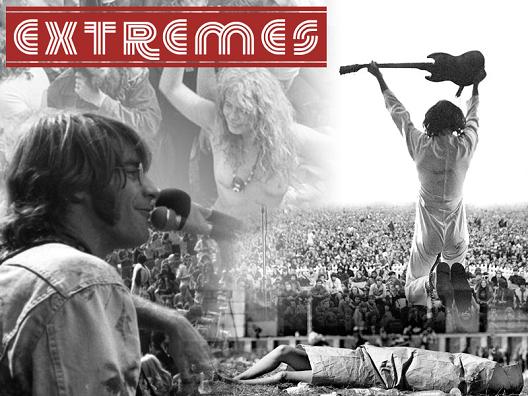
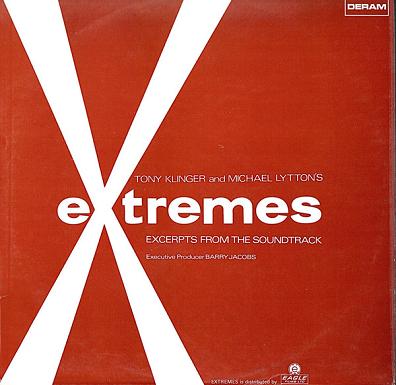
A poster of the film "Extremes" and the soundtrack front cover.


